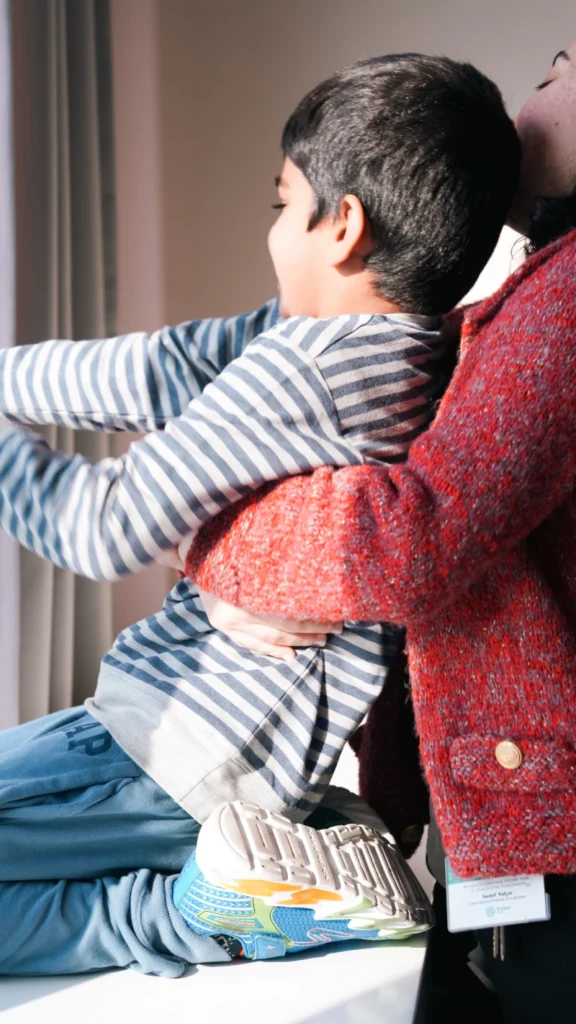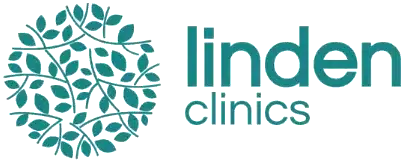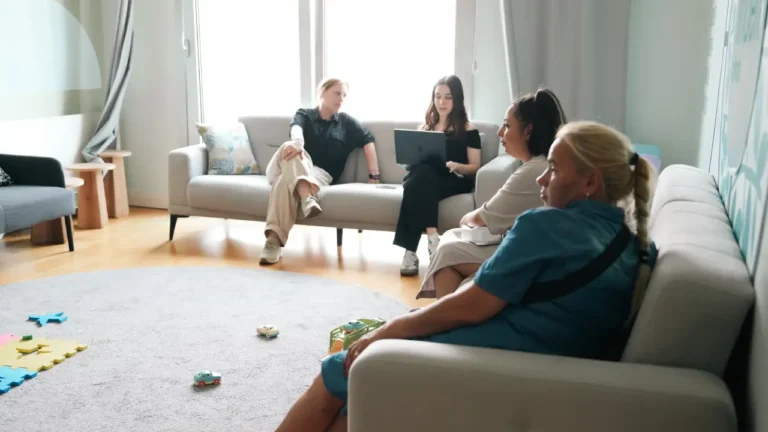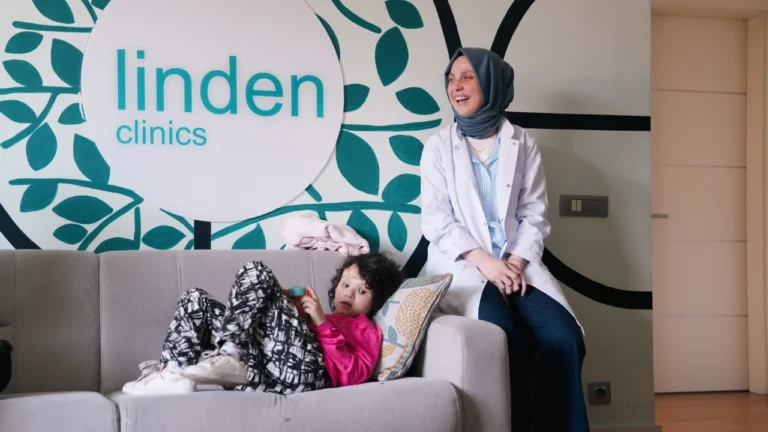The Best Fluffy Pancakes recipe you will fall in love with. Full of tips and tricks to help you make the best pancakes.
More Than a Diagnosis—Autism Is a Spectrum
Autism Spectrum Disorder (ASD) is a complex neurodevelopmental condition characterized by differences in communication, behavior, and social interaction. Affecting individuals across all cultures and communities, autism is not a one-size-fits-all diagnosis. Instead, it’s a spectrum—ranging from subtle social challenges to significant developmental delays.
As awareness grows, so does interest in cutting-edge interventions like stem cell therapy for autism. But to understand the potential of these therapies, we must first understand autism itself.
Table of Contents
What Are the Core Characteristics of Autism?
ASD typically presents in early childhood, often before age three. While every child is unique, common traits include:
- 🧠 Social Communication Difficulties:
Trouble with verbal and non-verbal communication, such as eye contact, tone, or gestures. - 🔁 Repetitive Behaviors and Routines:
Repeating certain actions (e.g., hand-flapping) or distress when routines change. - 🎯 Focused Interests:
Deep interest in specific topics or activities, often to the exclusion of others. - 🧒 Sensory Sensitivities:
Over- or under-reactivity to sound, light, texture, or touch.
These symptoms may vary widely in intensity. Some individuals are nonverbal, while others excel in academics but struggle with social cues.
What Causes Autism? Current Research Perspectives
Autism does not have one singular cause. Instead, it appears to result from a complex combination of genetic, environmental, and neurological factors:
- 🧬 Genetic Influence:
Many children with ASD have rare genetic mutations or inherited variants linked to brain development. - 🦠 Immune System Dysregulation:
Emerging research links neuroinflammation and abnormal immune responses to autism symptoms. - 🧪 Environmental Triggers:
Some prenatal and perinatal factors—like advanced parental age, low birth weight, or exposure to certain toxins—may contribute.
This growing understanding is now driving new avenues of research, including Stem Cell Therapy Autism Clinical Trials focused on reducing inflammation and repairing neural networks.

Diagnosis: How Autism Is Identified
ASD is typically diagnosed through behavioral evaluations by pediatricians, psychologists, or developmental specialists. Tools may include:
- ADOS (Autism Diagnostic Observation Schedule)
- M-CHAT (Modified Checklist for Autism in Toddlers)
- Developmental milestone tracking
Early detection is key. Many families who share Stem Cell Therapy Success Stories Autism began their intervention journey before the age of 4.
Treatment Options: What’s Available Today
Conventional Therapies
- 🧩 ABA Therapy (Applied Behavior Analysis):
A gold-standard approach for behavior modification. - 🎨 Occupational & Speech Therapy:
Enhances independence and communication. - 🧘 Social Skills Training & Play Therapy:
Builds confidence in peer interactions.
Complementary & Medical Therapies
- 💊 Nutritional supplementation
- 🌿 Sensory integration therapies
- 💉 Stem Cell Therapy for Autism — an emerging and personalized medical intervention aimed at supporting immune balance and neurological healing.
Curious about the Cost of Stem Cell Therapy for Autism or which centers are most trusted? Families often look for the Best Stem Cell Clinics for Autism that provide personalized protocols and rigorous patient review.
Stem Cell Therapy: How It Fits into the Autism Landscape
Stem cells—particularly mesenchymal stem cells (MSCs)—have gained attention for their potential to reduce inflammation and modulate immune responses in children with autism. While the therapy is not a cure, many families report improvements in:
- 🗣️ Language and speech
- 🧠 Attention span and cognition
- 🤝 Social interaction
- 💥 Reduction in repetitive behaviors
Scientific efforts are ongoing, with promising results from Stem Cell Therapy Autism Research and published trials suggesting safety and potential benefits. As always, it’s crucial to consult clinicians and understand potential Stem Cell Therapy Autism Side Effects, such as mild immune reactions or fatigue.
Is It Right for You? Questions Parents Ask
How Effective is Stem Cell Therapy for Autism?
Effectiveness varies depending on age, medical history, and treatment protocol. Many patients show measurable progress, especially when therapy is combined with behavioral support.
Where Can I Find Stem Cell Therapy Autism Near Me?
Top-rated clinics are available in regions like Europe, Asia, and Latin America. Look for centers offering dual-source stem cells (e.g., umbilical cord + bone marrow) and physician-guided care.
What is the Stem Cell Therapy Autism Success Rate?
While success is difficult to define universally, reported improvements range from 40–70% depending on the metric used (speech, eye contact, sensory tolerance, etc.).
Conclusion: Understanding Autism Is the First Step to Empowerment
Autism is not a limitation—it’s a different way of experiencing the world. With increased awareness, early diagnosis, and access to evolving therapies like stem cell interventions, families now have more tools than ever to support their child’s growth and well-being.
Whether you’re exploring traditional approaches or curious about next-generation options, knowledge is your most powerful ally. 🌱








